If you are caught up in the considerable confusion of Android vs. iOS, this post might hopefully clear it for you.
Since the beginning, both Apple and the Android smartphone manufacturers have been releasing newer versions of their phones with unique features to compete for the top spot.
Buyers are usually confused about what phone to pick from among the numerous options available.
So let’s see the highlights of Android and iOS so that you can decide which one suits you better.
Advantages of Android
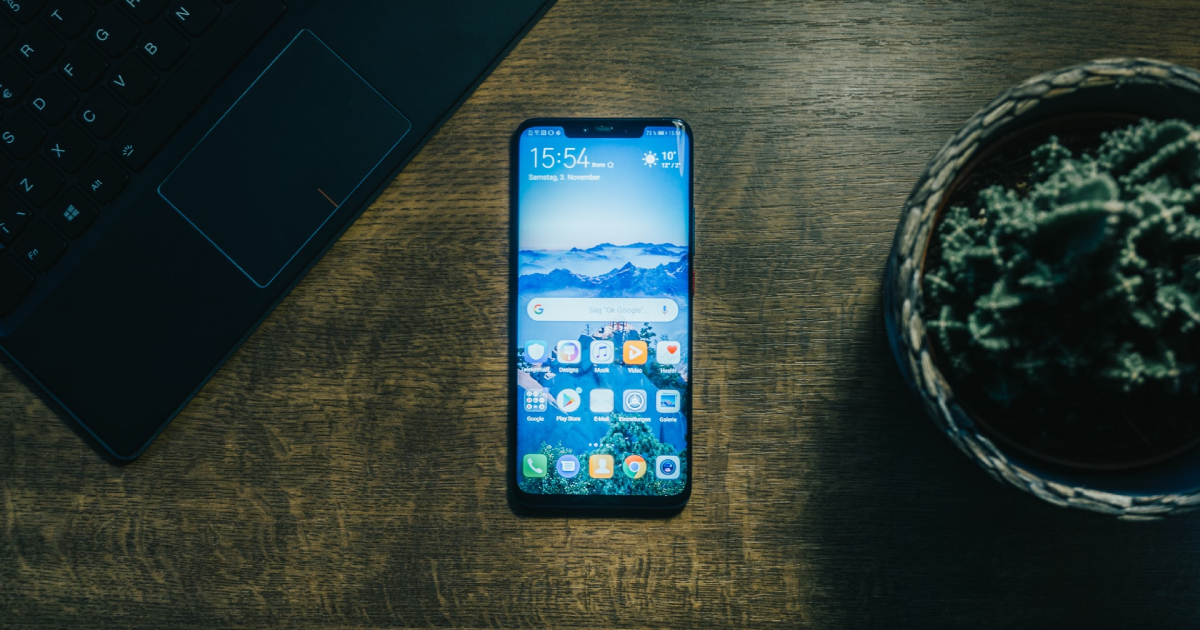
Android has apps with high capabilities
Not all Android apps are available on the iOS app store. Some of the competent and valuable Android apps like Smart Spends, TrueCaller, Walnut, Tasker, SpeakerPhoneEx, etc., take smartphone capabilities to a whole different level.
Since the iOS platform is closed with restrictions, many of these apps can’t run on it, which might be a concern if you need them.
Android phones cost less
Android smartphone manufacturers are in tough competition, which has led to the production of budget smartphones and even near high-end ones for low prices.
You also get to choose from various phones with varied designs and specs.
Smarter hardware features
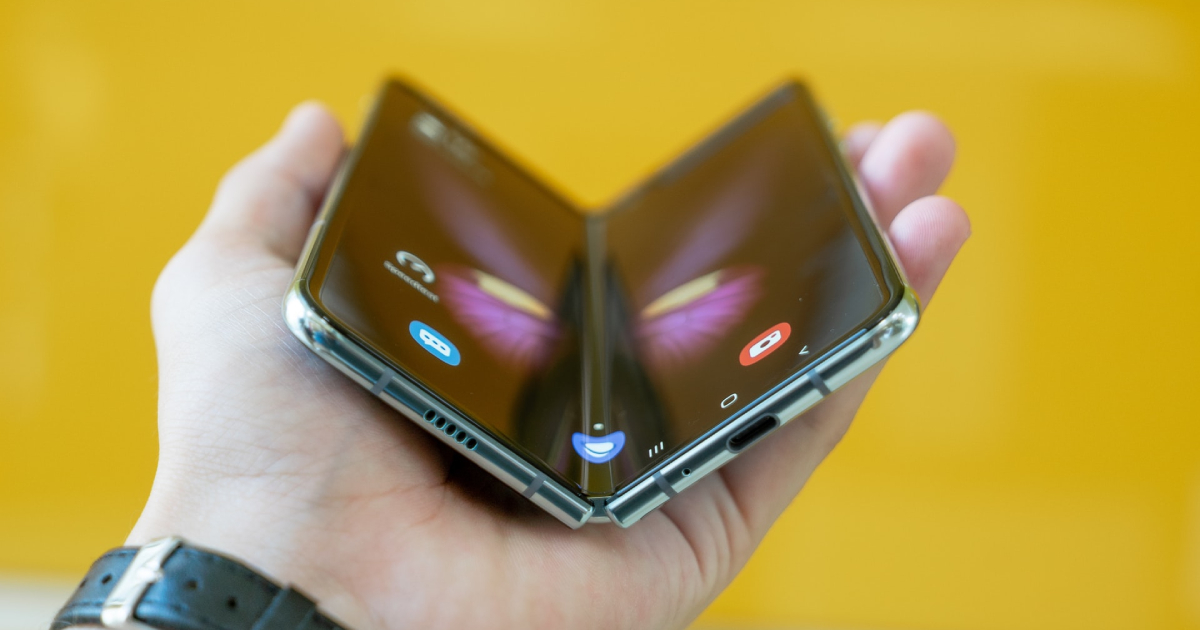
As a result of this competition among Android device manufacturers, you will be able to find phones that have unique and innovative hardware features that you won’t find on an iPhone.
Curved screens, double-sided displays, and IR blaster are some of the new features on android devices. You will have to make your mind up about the hardware features you need on your smartphone and choose accordingly.
Better integration with Google services
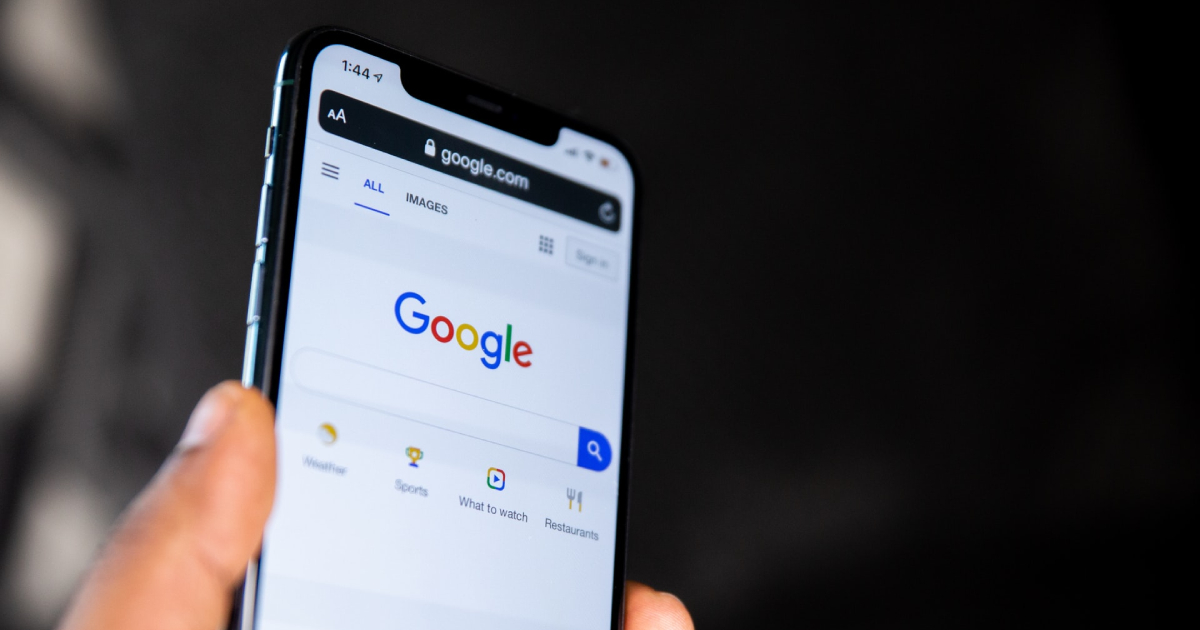
Google makes its apps available to download on the iOS app store, just like the play store. However, many of these apps are integrated better into the Android OS when compared to iOS.
If you primarily use Google services like Gmail, Google Maps, Google Drive, and the like, it is recommended that you go with Android.
Android devices provide easier access to google services with better integration.
Easy and flexible customization
Android offers very flexible customization options. You can customize everything from the home screen to the fonts, open apps by swiping them anywhere on your screen, and more.
And the best part is most of the customization on Android doesn’t involve massive modifications to the system, making it more accessible.
But, when it comes to iOS, jailbreaking is necessary to make even the most minor customization.
Advantages of iOS
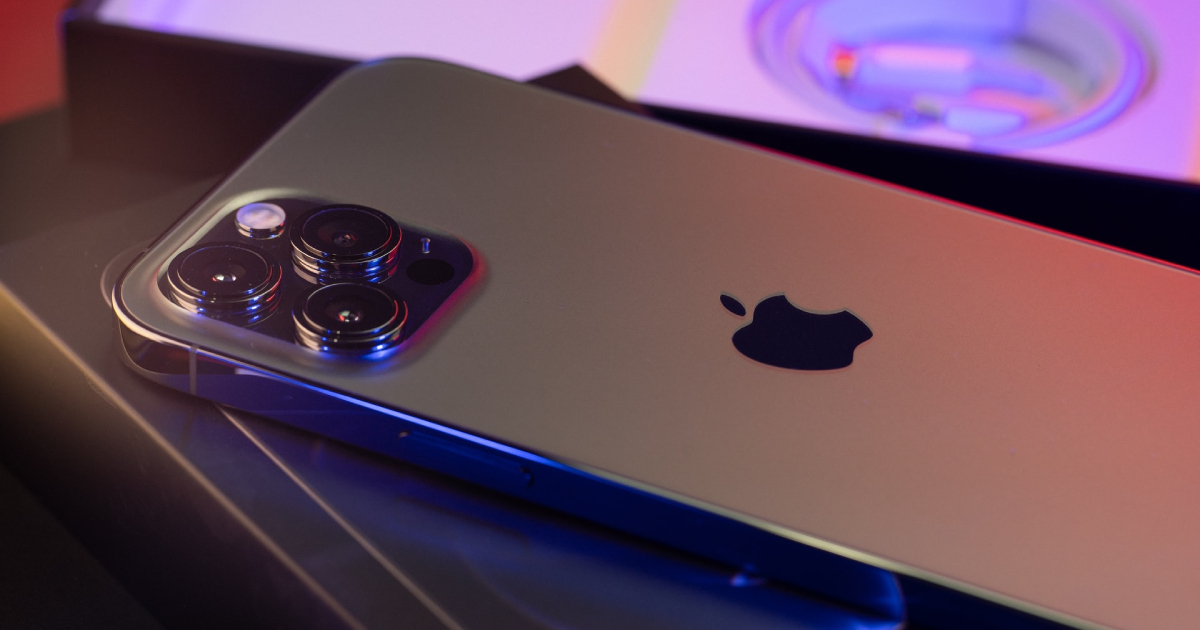
Regular and timely updates
Since Apple makes its software and hardware, updates are regular and timely. Although most Android smartphone makers try to give timely updates, many Android device models make it challenging.
That might delay security fixes and patches to existing bugs in the OS. When it comes to iOS, you don’t have to worry about updates at all.
No software fragmentation
There are Android phones with varied OS versions available in the market. Android makers have now released new devices with their timelines for OS updates to deal with the software update problem.
All of these will result in software and hardware fragmentation which helps in winning more customers. There is no software fragmentation since all iPhones have fixed screen resolution, processor, and hardware specs.
The hardware fragmentation on iPhones is negligible as well.
Unmatched synchronization across multiple devices
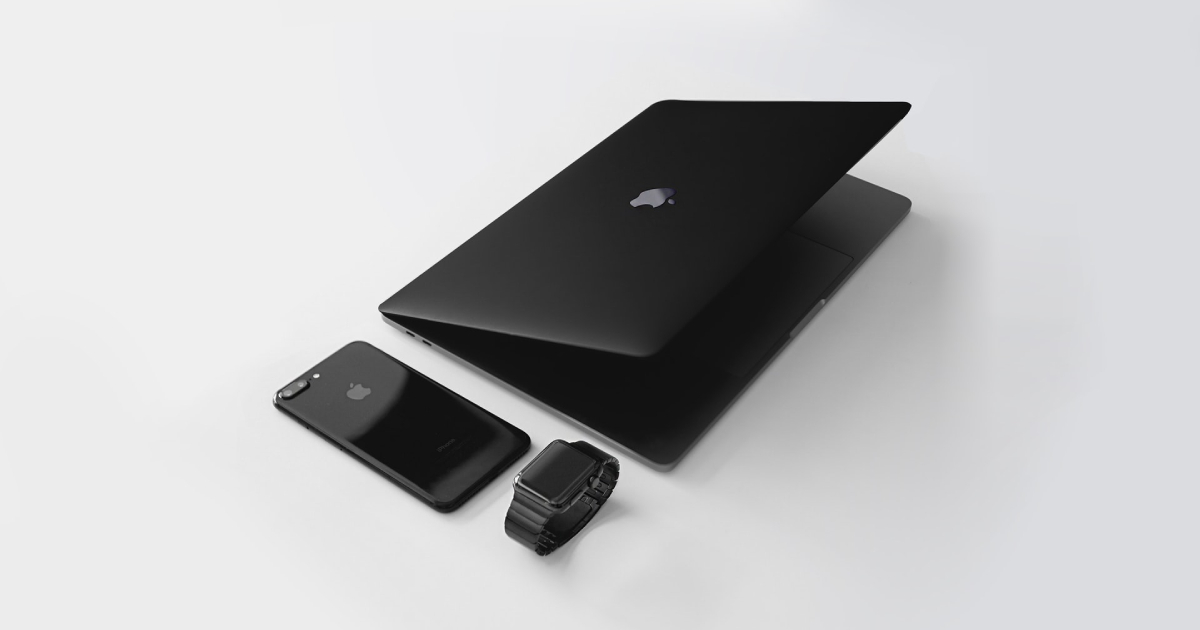
If you use multiple Apple products, you can even pick a phone call on your computer with the improved hardware and software integration exclusive to Apple devices.
You don’t even have to install additional software to use several Apple products like Mac, iPad, and iPhone in perfect sync. This robust cross-device synchronization is a big plus for Apple devices and is non-existent in Android.
Top-notch apps
iOS app store hosts a lot of high-grade, creative, and cool-looking apps. Of course, Android has excellent apps too, but somehow apps for iOS are a bit more polished and impressive in their way.
That could be because iOS users are more inclined to pay for the apps they like than Android users.
Negligible malware and better security
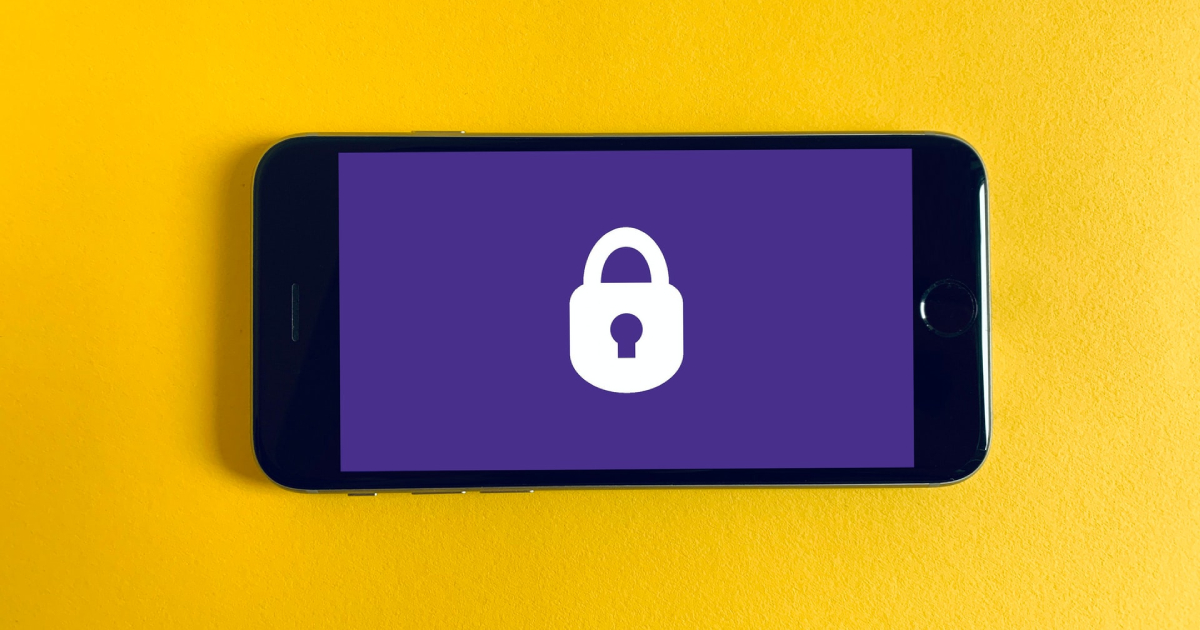
When it comes to iOS, it has a security wall to protect it from malware infections. On iOS, you don’t have the option to install apps from outside the app store.
The iOS app store does the strict screening of every app that enters the store, ensuring only the safe apps get through.
When it comes to Android, the lack of such stringent security measures has made it an accessible platform for malware attacks.
Up to you now
Now that you know what areas each OS is good at, you should pick the one that suits your needs best. Which one would you choose and why?
Let us know your thoughts through the comments!
